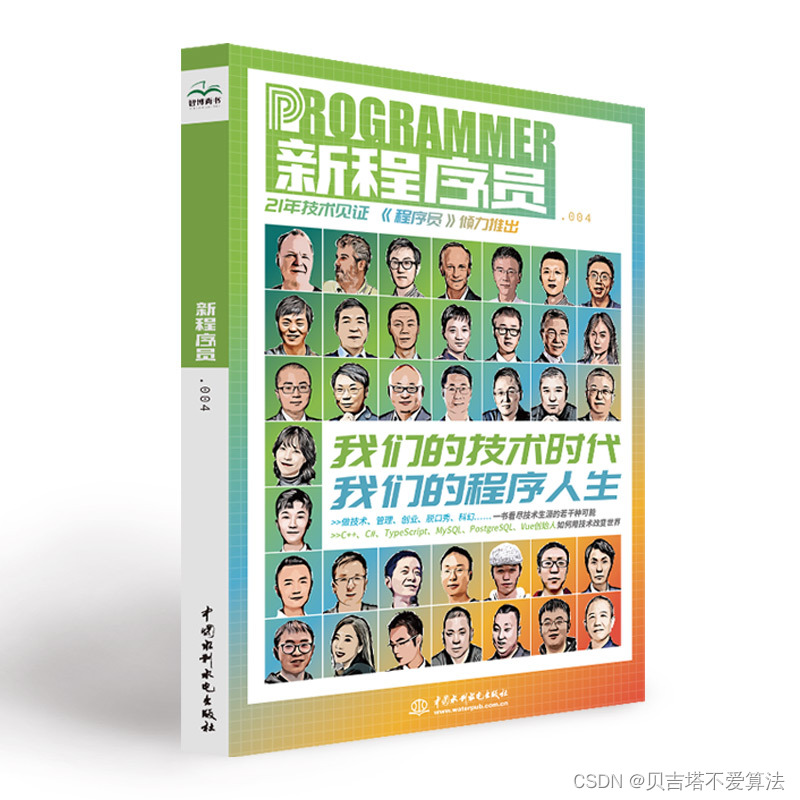笔者在看力扣一道题解的时候发现,官方题解使用的C++里面的 lambda 还有用到分号结尾。
题解如下:
class Solution {
private:
static constexpr array<array<int, 2>, 4> dirs = {{{-1, 0}, {1, 0}, {0, -1}, {0, 1}}};
public:
int countSubIslands(vector<vector<int>>& grid1, vector<vector<int>>& grid2) {
int m = grid1.size();
int n = grid1[0].size();
auto bfs = [&](int sx, int sy) {
queue<pair<int,int>> q;
q.emplace(sx, sy);
grid2[sx][sy] = 0;
// 判断岛屿包含的每一个格子是否都在 grid1 中出现了
bool check = grid1[sx][sy];
while (!q.empty()) {
auto [x, y] = q.front();
q.pop();
for (int d = 0; d < 4; ++d) {
int nx = x + dirs[d][0];
int ny = y + dirs[d][1];
if (nx >= 0 && nx < m && ny >= 0 && ny < n && grid2[nx][ny] == 1) {
q.emplace(nx, ny);
grid2[nx][ny] = 0;
if (grid1[nx][ny] != 1) {
check = false;
}
}
}
}
return check;
};
int ans = 0;
for (int i = 0; i < m; ++i) {
for (int j = 0; j < n; ++j) {
if (grid2[i][j] == 1) {
ans += bfs(i, j);
}
}
}
return ans;
}
};第一个红框知识点:?
lambda表达式,隐式引用捕获。
第二个红框知识点:
C++中使用分号的情况:
1、首先就是C++中的空语句。
?如果一条语句中只包含分号(;),那这条语句就是空语句。
?典型应用是:
? for(;;)
? { ?
? } //这种用法就是无限循环。
2、?一般用{}括起来的部分就是语句块,语句块相当于一条逻辑语句,在它里面定义的变量出来后都是无效的。
{}后面也不需要分号来结束,因为里面的语句都已经有分号结束了,{}相当于一个逻辑块,即逻辑块的限定符。
3、自定义类型时{}后面必须要多加一个分号, 这是因为怕你在后面接着写某些标识符,如果不加分号的话,编译器会认为你是不是要把那些标识符定义为该类型?加上分号后,编译器就知道后面的语句和本句无关了,可以按照新的规则处理。
例如class 定义后需要加分号,否则编译器会报错... followed by ... is illegal (did you forget a ';'?)?
class Sample{
private: ...
public: ...
};
?

